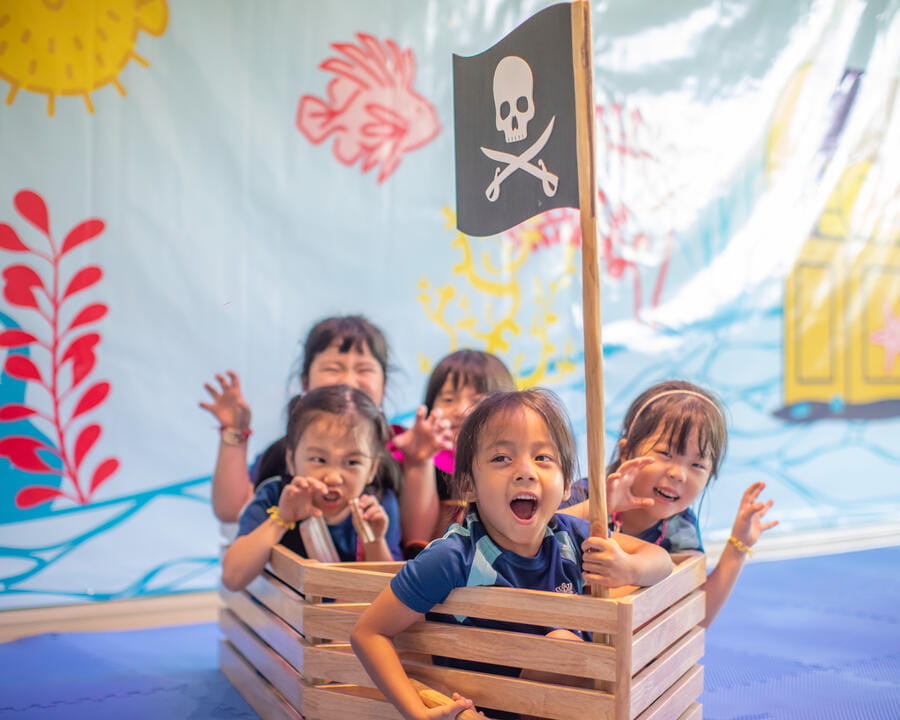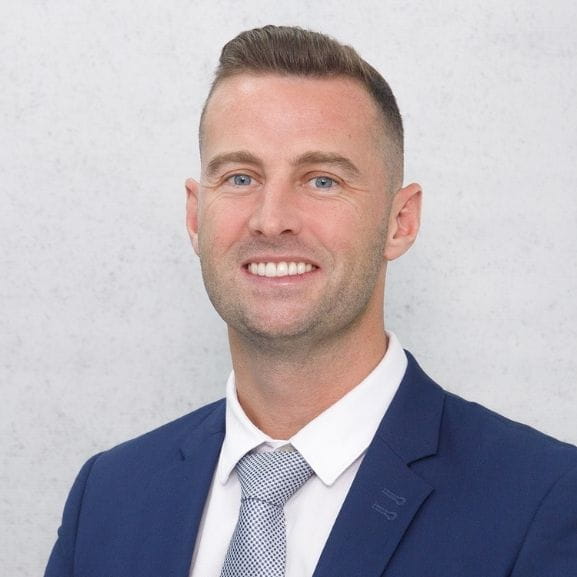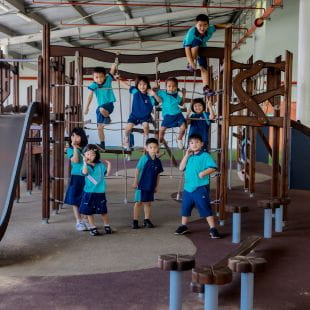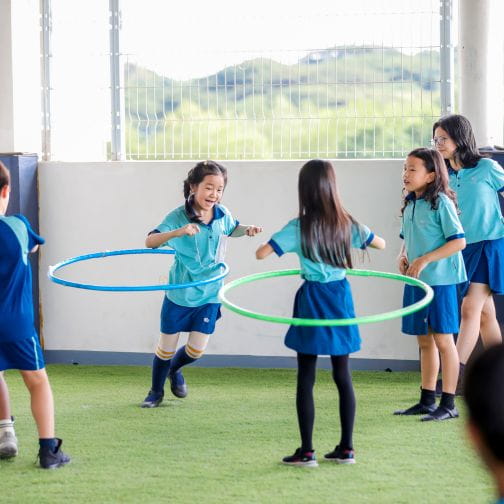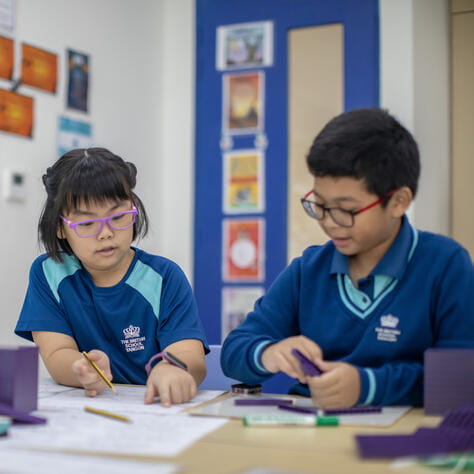ACADEMIC EXCELLENCE AT BSYA PERSONALISED LEARNING ENVIRONMENT THAT UNLOCKS POTENTIAL
Nothing is out of reach at our international school in Yangon. Your child will flourish here, guided by the highest quality educators, inspired by outstanding facilities, and engaged by exciting resources. Our world-renowned English National Curriculum, which includes globally recognised IGCSE and A-level qualifications, will create an academic pathway to your child’s first-choice university, too.
Thanks to our small class sizes and personalised approach, every student is supported in a way that aligns with their interests, needs, and goals. Our outstanding teachers will nurture your child’s strengths, recognise exciting areas for growth, and pique their boundless curiosity. Learning in a way that works for them, our students achieve outstanding academic results. They also develop the skills they need to create their own future.
FIND OUT MORE 




